Stories have the power to change the world. The Circle offers a platform for inspiring speakers to share their unique experiences, showcasing how individuals can create tangible social impact through dedicated effort.
This experience broadens perspectives and strengthens belief in one’s potential by highlighting stories of conviction and the achievements that follow.

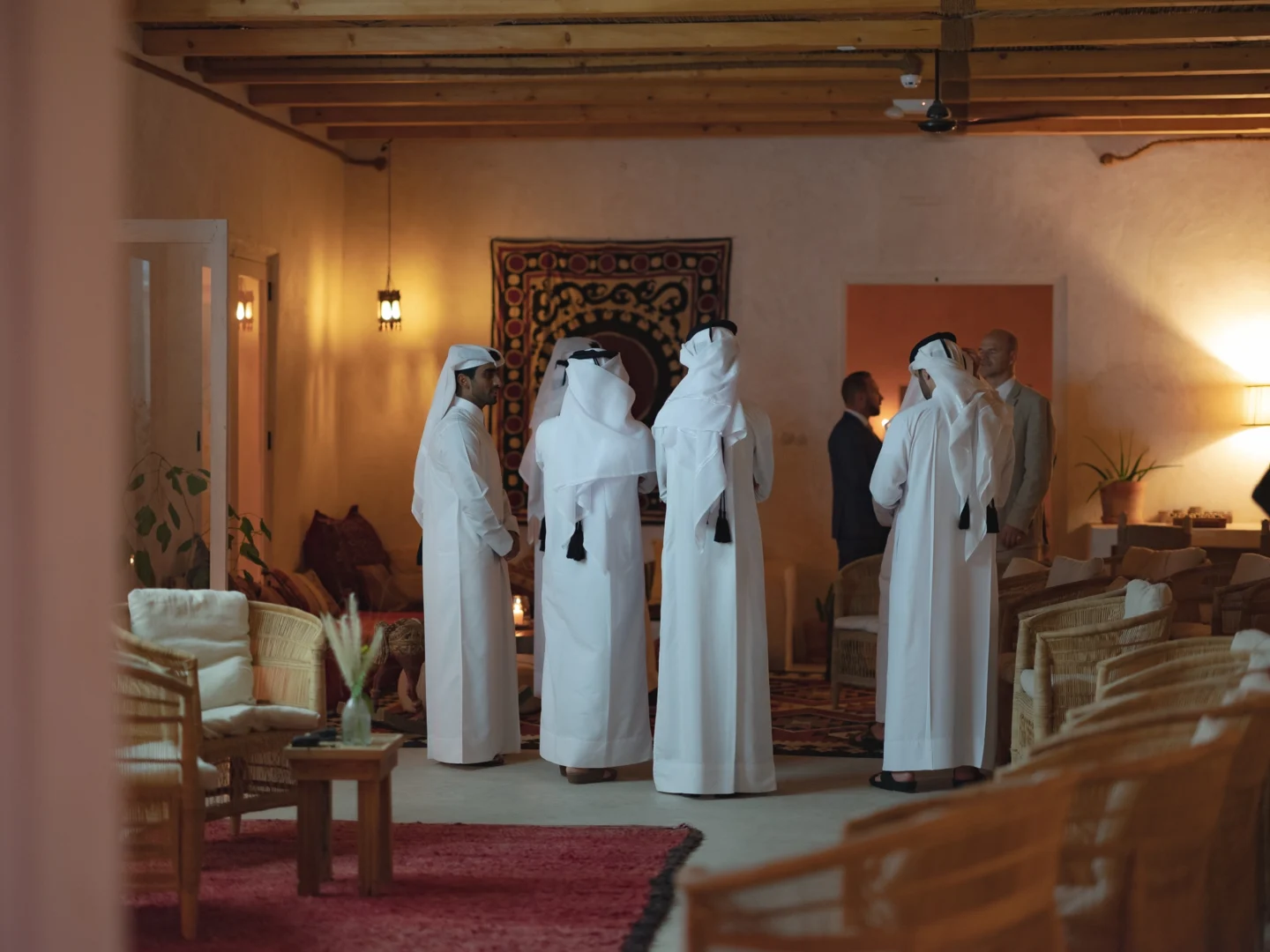
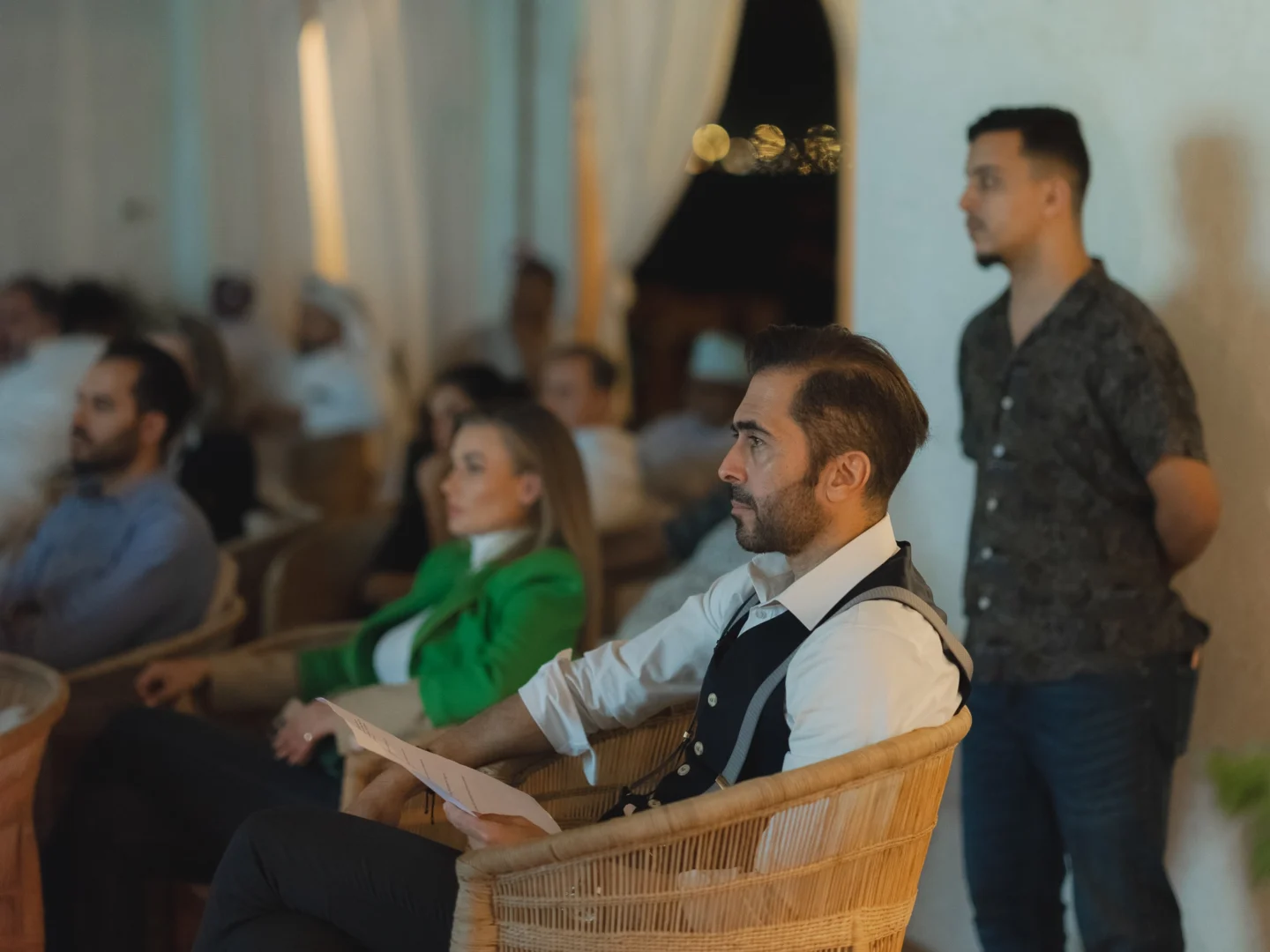


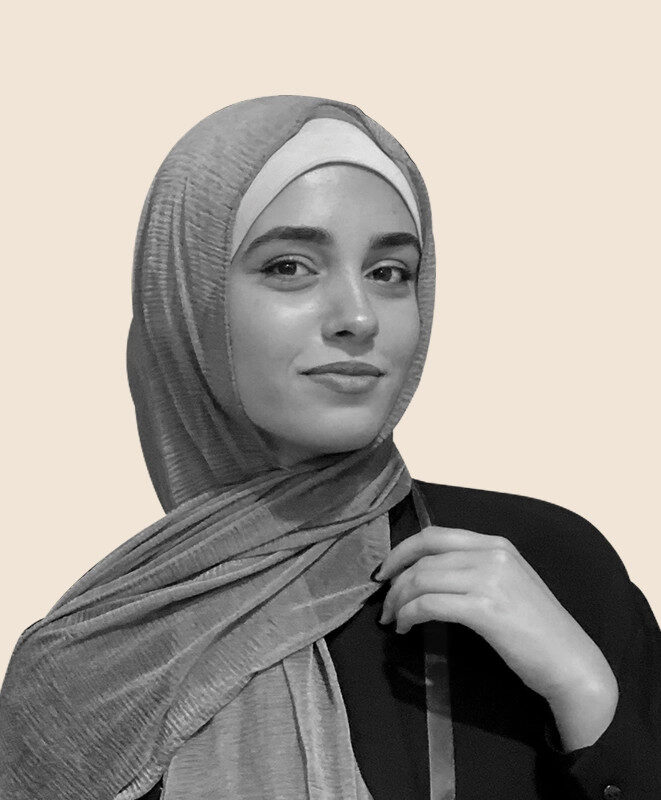
In the ninth session of The Circle, we welcome Sara Zaqout, a 19-year-old activist and community relief organizer from Gaza. With only her phone and an unwavering belief in the power of kindness, Sara has mobilized essential aid for families affected by war, proving that compassion can be a form of resistance even in the darkest times.
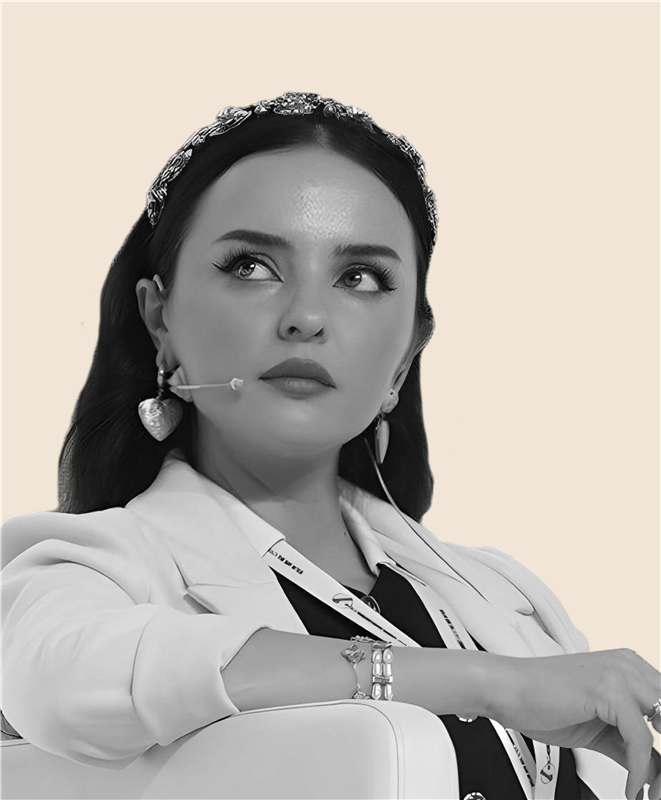
In the eighth session of The Circle, we welcome actress, content producer, and activist Nicole Jenes for a live conversation on her ongoing commitment to the people of Gaza. Based in Egypt and widely known for her outspoken presence on social media, Nicole has played a key role in mobilising humanitarian support and amplifying Palestinian voices globally.
From her role as organiser and spokesperson for the Madleen flotilla to her participation in international campaigns and public forums, Nicole has become a powerful advocate for Gaza, transforming digital influence into direct action. Join us to hear her reflections on solidarity, responsibility, and the power of speaking out in times of crisis.

In the seventh session of The Circle, our guest Noor Azizah will join us in a live broadcast to share her inspirational journey, insights, and the powerful message that one voice can ignite real change.
A Rohingya refugee, educator, and global advocate for women’s rights, she has dedicated her life to amplifying the voices of Rohingya women and advancing refugee rights on the world stage.
Through her work as co-founder of the Rohingya Maìyafuìnor Collaborative Network and her presence in global forums, Noor leads with resilience and hope, transforming personal experience into meaningful action.
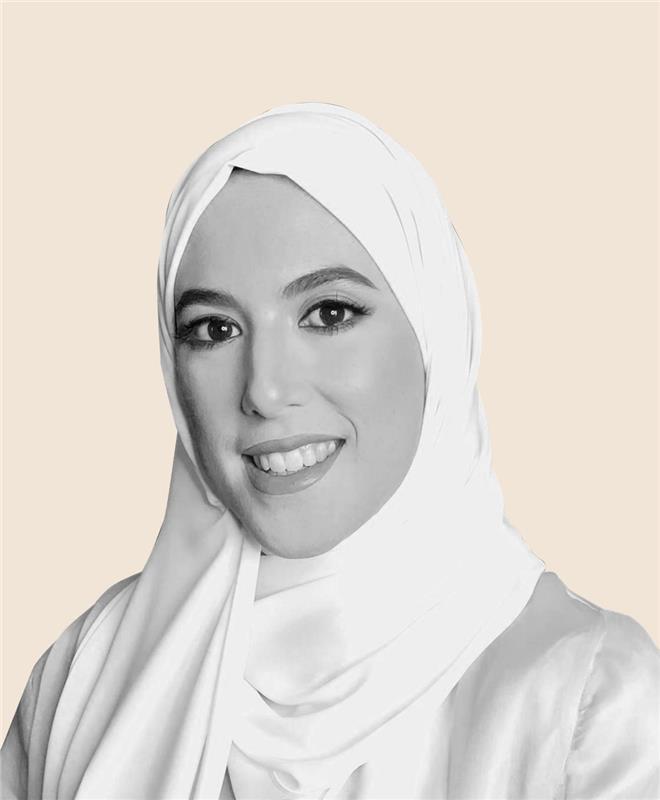
In the fifth session of The Circle, Elizabeth Wood, founder of Inspire Me LLC, will share her insights and help us explore how an individual can inspire and empower community champions, creating lasting impact.
Through coaching and mentorship, she has helped marginalised women worldwide create meaningful, sustainable change.
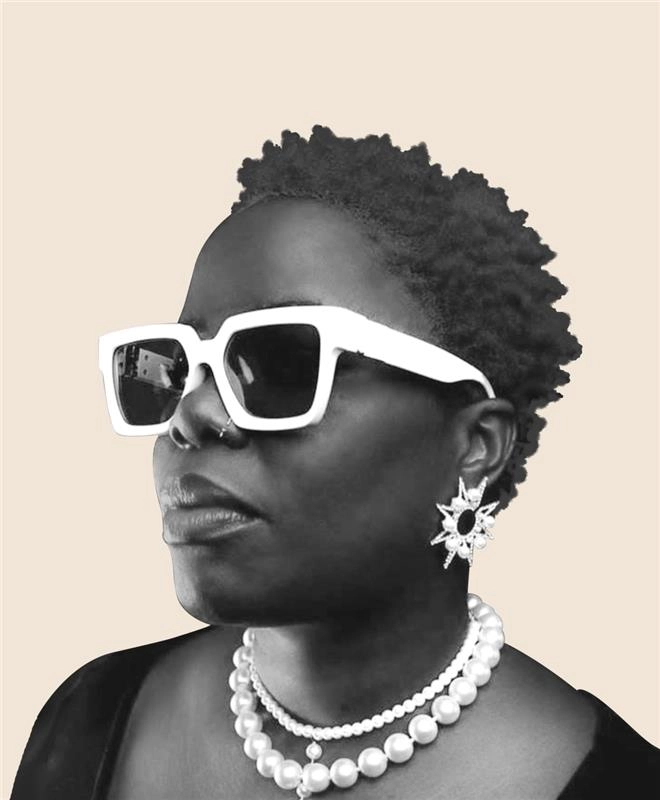
In The Circle’s fourth session, Sara Mitaru-Kimanthi will explore how a musician uses art as a powerful tool to inspire social change and address critical societal issues.
From initiatives centred on helping children in underage domestic work to change how search engines portray the African continent, our guest has demonstrated the power of art in influencing behaviour through her “Creative agency strictly for social impact.”
Join us for this enriching experience and connect with like-minded individuals who share your vision for a more inclusive and equitable future.
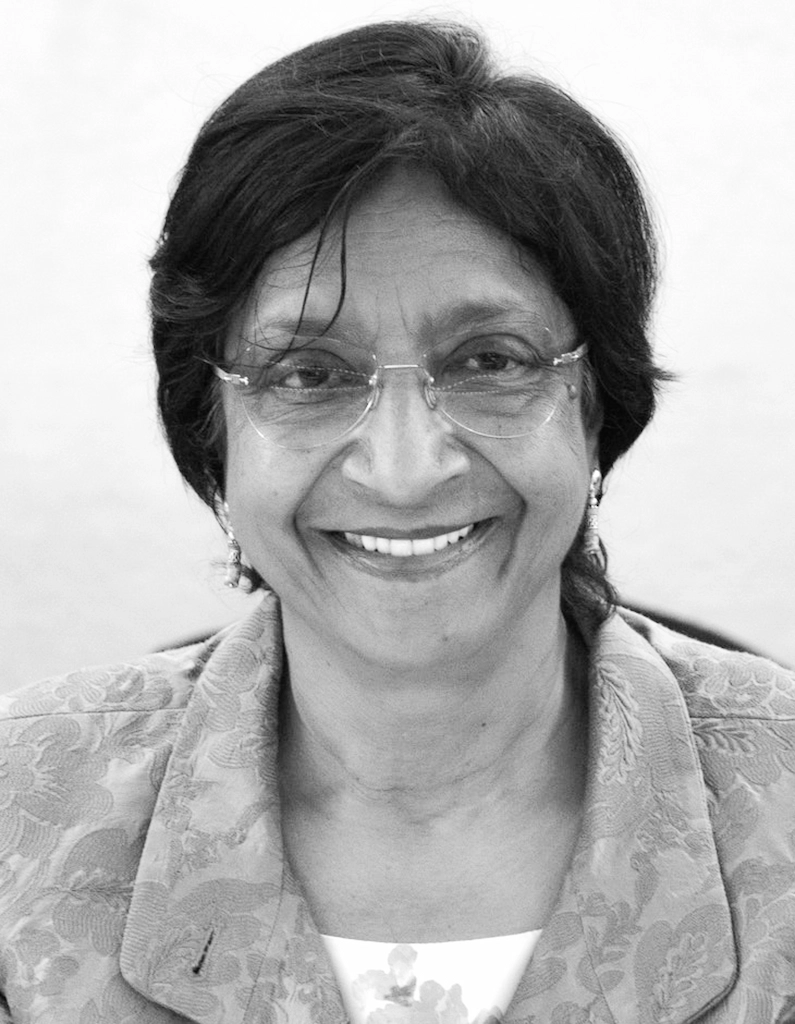
In The Circle’s third session, Judge Navi Pillay will share her inspiring journey of fearlessly championing action against social injustice, navigating challenges, and mobilising resources to bring about meaningful change.
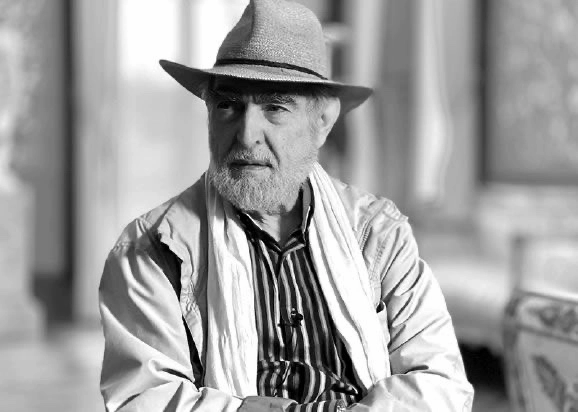
In The Circle’s sesond session, Architect Abdel Wahed El-Wakil will share his experience on how architecture can contribute to the connection between a human and his natural environment.
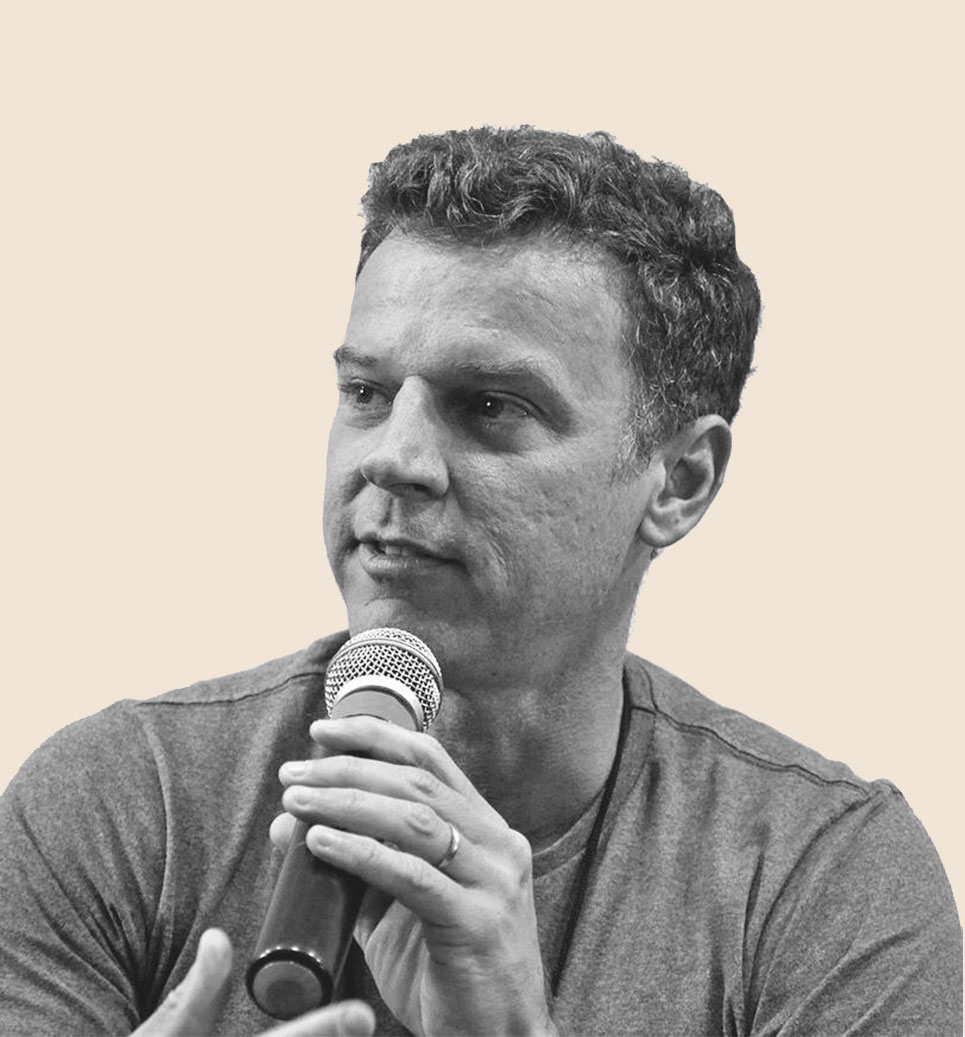
In The Circle’s opening session, Eduardo will share his experience in creating a different narrative about inequality to showcase the power of individuals in fighting social injustice.
Eduardo is recognised as one of Brazil’s leading academics and economists who has taken his life mission from the classroom to the front lines of marginalised and indigenous communities in Brazil. His story highlights how individual efforts can drive lasting change.
We use cookies to provide necessary website functionality, to improve your experience and analyze our traffic. By using our website, you agree to our"
Privacy Policy
- and our cookies usage.

About Sara:
Her Work:
Philosophy:






El Wakil’s deeply internationalised knowledge of Islamic architecture has enabled him to utilise its concepts with unerring sureness and virtuosity, producing an architecture, which is both familiar and startlingly fresh. Moreover, his use of indigenous elements, materials, and building techniques comes at a time of increasing questioning concerning the relevance of the ‘International Style’ in architecture to the Middle East and elsewhere. Traditionally, architecture was shaped by the people and the local environment. It expressed national character and identity and provided a sense of continuity that enables people to build a stable future. El Wakil’s buildings respond to this essential need. At the same time, they are noteworthy for their efficiency, both climatically and in terms of design fitness to function.
